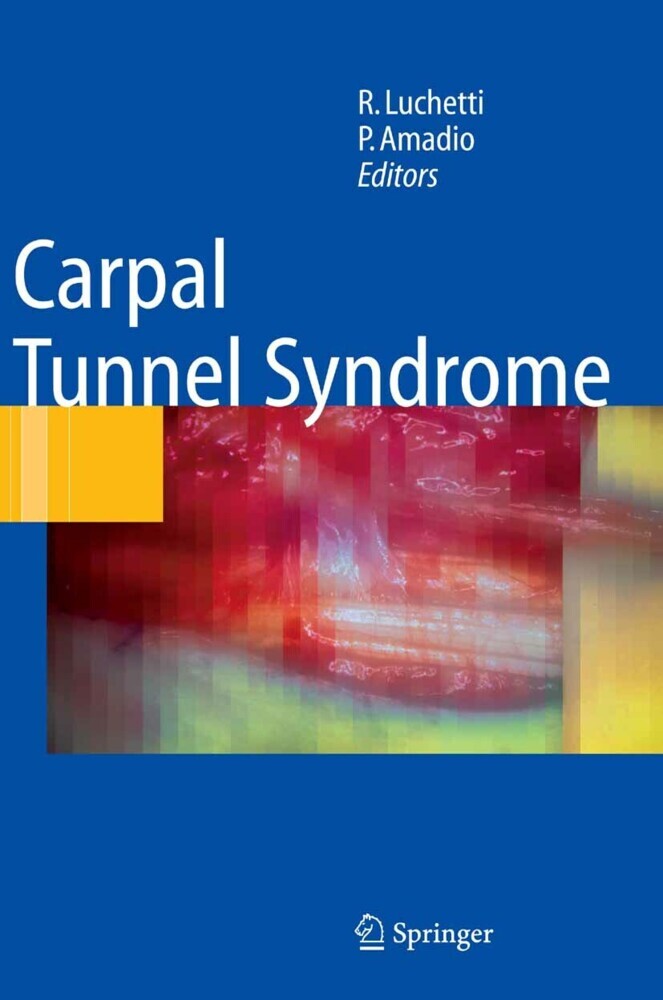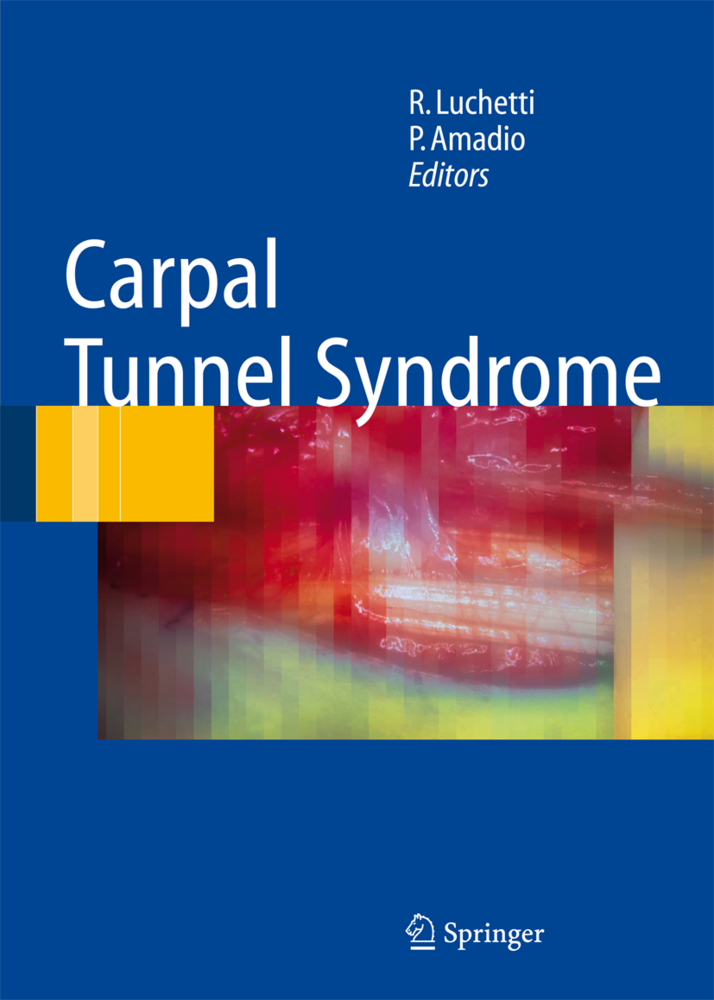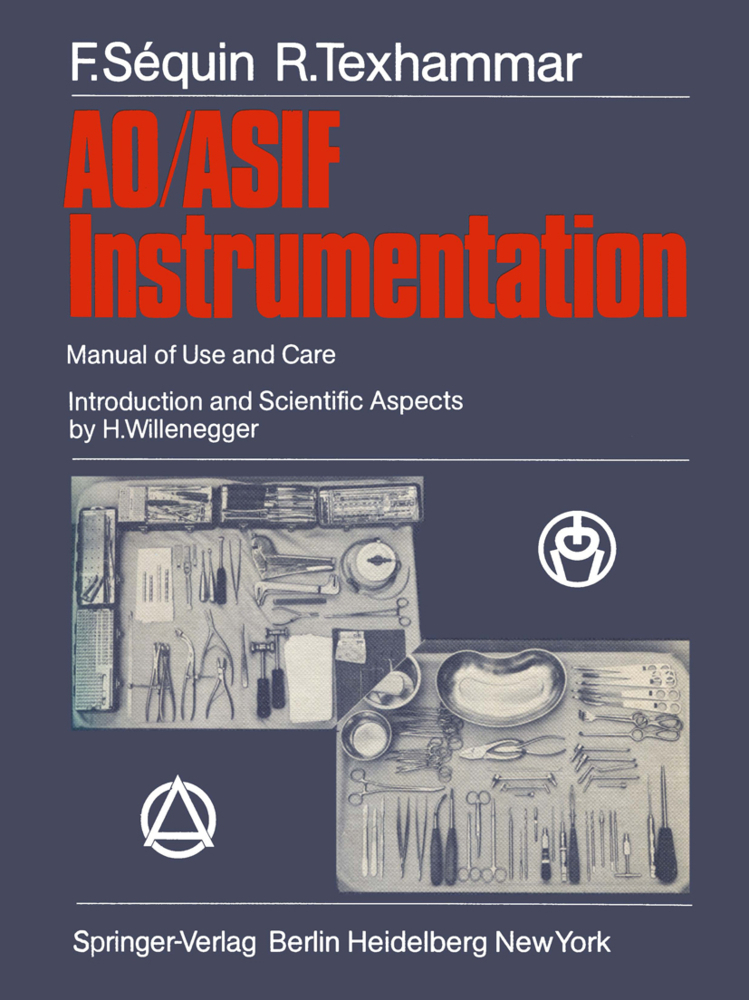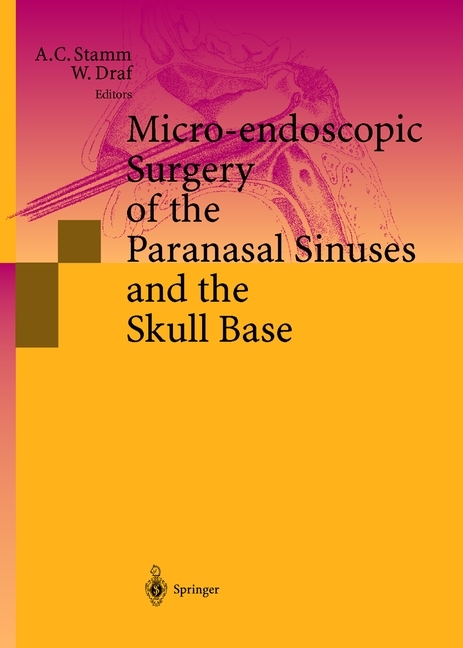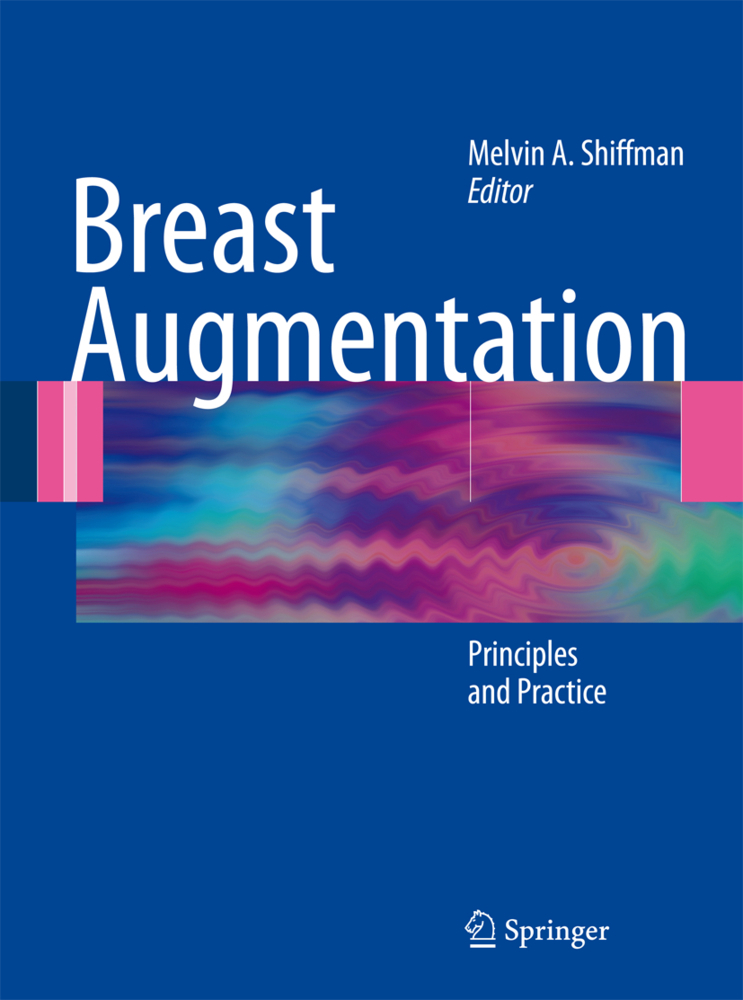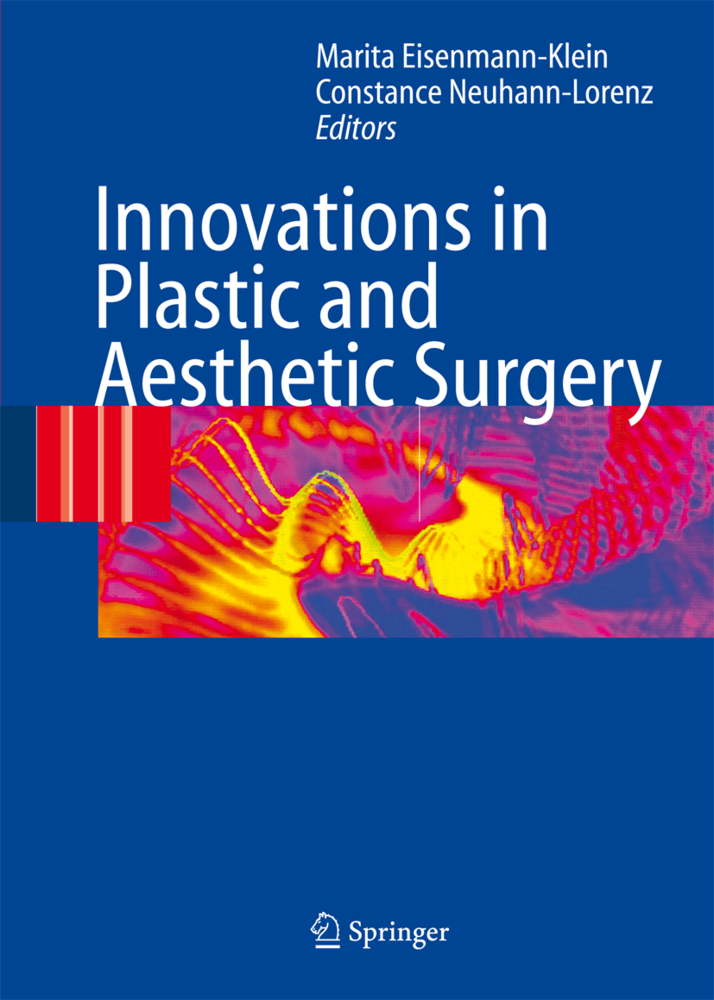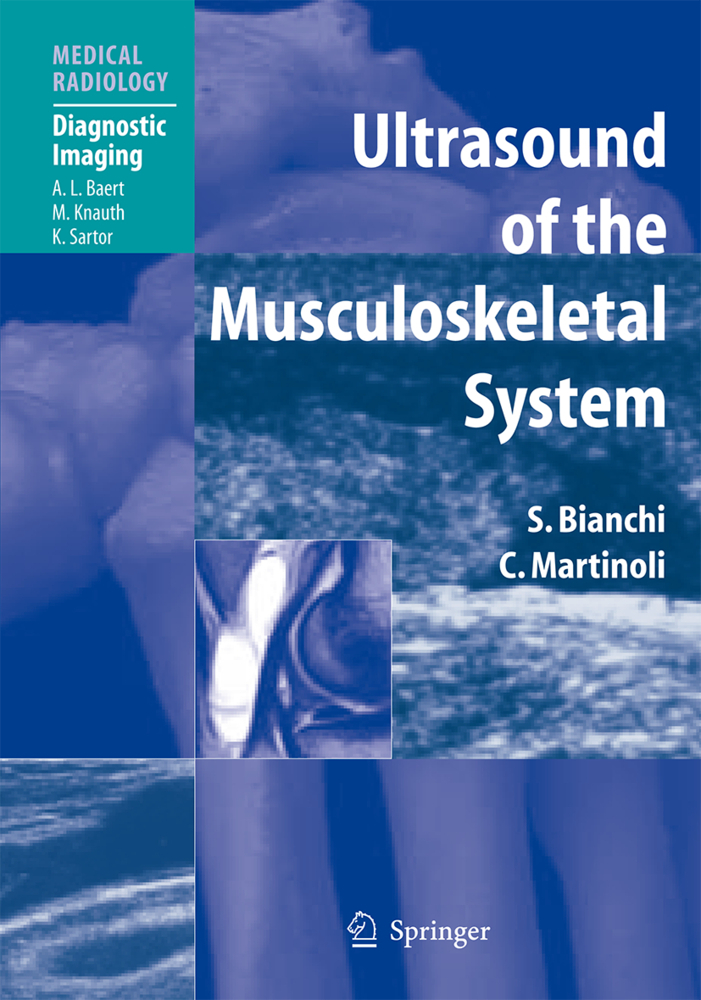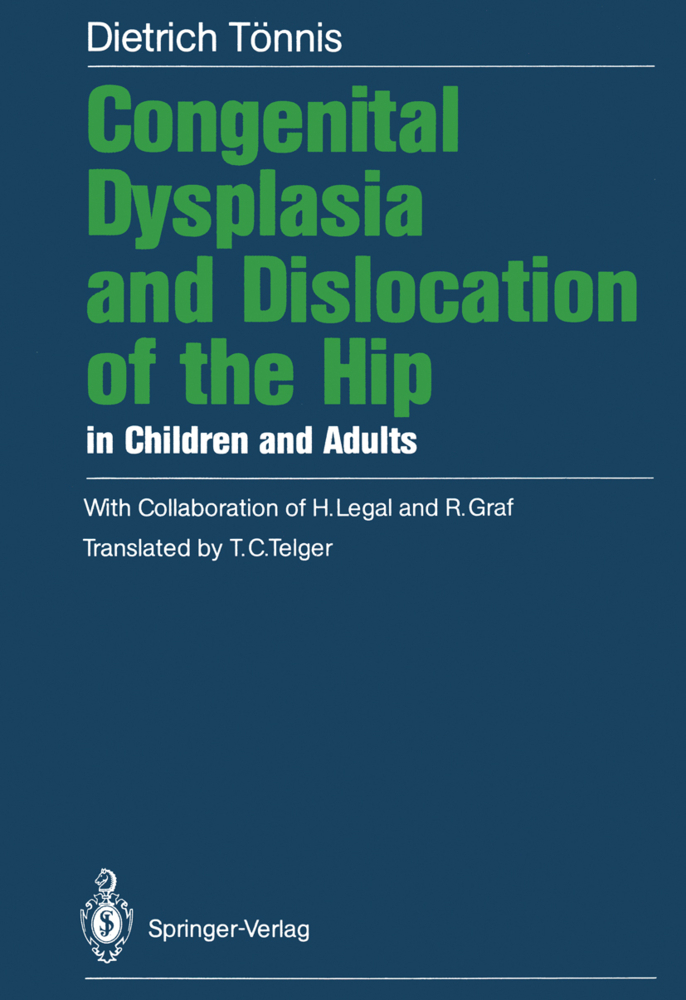Carpal Tunnel Syndrome, with its surgical profile, is a must for those specialising in this condition (hand surgeons, orthopaedic surgeons, plastic surgeons, physiatrists and hand physical therapists), for both experts and newcomers to this field. For the young surgeon just starting out, the book explains the technical modalities of surgical treatment for this condition and describes alternative non-surgical procedures. It also depicts the complications that can arise in treatment. For more experienced surgeons, this book is an instrument for deepening their knowledge of this condition and its management. It can be considered a moment for reflection on a condition that is erroneously considered simple to treat and easy to resolve. The surgical chapters compare various complications as well as various conservative and rehabilitative treatment options, thus underlining that this condition must not be underestimated. Incorrect treatment can have many negative ramifications: not only that the patient is dissatisfied but it can also lead to the hand s functional loss and render the patient an invalid. This book is also intended for all physicians and medical students interested in this subject, presenting the broad range of problems caused by this condition and how best to manage them.
1;Foreword;6 2;Preface;7 3;Foreword to the Italian Edition;8 4;Preface to the Italian Edition;9 5;Contents;11 6;Contributors;17 7;I General;22 7.1;1 History of Carpal Tunnel Syndrome;23 7.2;2 Anatomy of the Carpal Tunnel;30 7.3;3 Normal Anatomy and Variations of the Median Nerve in the Carpal Tunnel;33 7.4;4 Etiopathogenesis;41 7.5;5 The Pathophysiology of Median Nerve Compression;48 7.6;6 Ischemia- Reperfusion Injury as a Common Etiology of " Idiopathic" Carpal Tunnel Syndrome: Biochemical and Immunohistochemical Evidence;62 7.7;7 Carpal Canal Pressure Measurements: Literature Review and Clinical Implications;69 8;II Diagnosis;81 8.1;8 Clinical Diagnosis;83 8.2;9 Neurophysiological Assessment of Carpal Tunnel Syndrome;89 8.3;10 Diagnostic Imaging;95 8.4;11 Quantitative Assessment of Historical and Objective Findings: A New Clinical Severity Scale of CTS;102 8.5;12 Differential Diagnosis of Carpal Tunnel Syndrome;109 8.6;13 Carpal Tunnel Syndrome: Rare Causes;115 9;III Treatment;123 9.1;14 Conservative Care for Carpal Tunnel Syndrome;125 9.2;15 The Cutaneous Innervation of the Palm and Its Implications During Carpal Tunnel Release Surgery;131 9.3;16 Traditional Technique: Wrist- Palm Incision;135 9.4;17 Palmar Incision;141 9.5;18 Open Carpal Tunnel Release with a Short Palmar Incision and No Specialized Instruments Combined with a Rehabilitation Program for Early Return to Activity;150 9.6;19 The Mini- Invasive Technique for Carpal Tunnel Release: Open Approach with Converse Fiberoptic Light Retractor;155 9.7;20 The Indiana Tome for Carpal Tunnel Release;160 9.8;21 Alternative Techniques and Variants: Double Approach - Proximal and Distal Mini- Incisions;167 9.9;22 Anatomic Landmarks for Endoscopic Carpal Tunnel Release;171 9.10;23 Endoscopic Carpal Tunnel Release;176 9.11;24 Endoscopic Technique: The Gilbert Technique ( or Technique by Two Different Portals);186 9.12;25 Endoscopic Carpal Tunnel Release;191 9.13;26 Endoscopic Carpal Tunnel Release: Menon's Technique;197 9.14;27 The Distal Single Incision Scope- Assisted Carpal Tunnel Release - Thirteen- Year Follow- Up Results;206 9.15;28 Carpal Tunnel Release with Limited Visualization;214 9.16;29 Closed Technique With Paine Retinaculotome and Modified Retinaculotome MDC;220 9.17;30 Closed Carpal Tunnel Release Technique with GRS;231 9.18;31 Carpal Tunnel Syndrome Release Using the Chiena Technique;240 9.19;32 Reconstruction of the Flexor Retinaculum;246 9.20;33 Critical Appraisal of Transverse Carpal Ligament Reconstruction. Theoretical, Experimental, and Clinical Considerations;259 9.21;34 Comparison of Grip Strength Evolution After Carpal Tunnel Release by Three Different Techniques;261 9.22;35 Median Nerve Compression Secondary to Fractures of the Distal Radius;267 10;IV Rehabilitation;274 10.1;36 Postoperative Treatment of Carpal Tunnel Syndrome After Median Nerve Decompression ( Open Field or Endoscopic Technique);275 11;V Complications;287 11.1;37 Carpal Tunnel Syndrome Surgical Complications;289 11.2;38 Complications Following Endoscopic Treatment;310 11.3;39 Role of Neurosensory Testing in Differential Diagnosis of Failed Carpal Tunnel Syndrome;319 11.4;40 Secondary Carpal Tunnel Surgery;327 11.5;41 Hypothenar Fat- Pad Flap;339 11.6;42 Management of Recurrence of Carpal Tunnel Syndrome by Using the Abductor Digiti Minimi Muscle Flap to Cover the Median Nerve;344 11.7;43 Protection of the Median Nerve with the Pronator Quadratus and Palmaris Brevis Muscle Flaps;347 11.8;44 Vein Wrapping of the Median Nerve;353 11.9;45 Synovial Flap Plasty as a Treatment of Recurrent Carpal Tunnel Syndrome;358 11.10;46 Reverse Island Forearm Flaps for the Coverage of the Median Nerve in Recurrent Carpal Tunnel Syndrome;363 11.11;47 The Ulnar Fascial- Fat Flap for the Treatment of Scarred Median Nerve in Recalcitrant Carpal Tunnel Syndrome;381 11.12;48 Protective Covering of the Nerve by the " Vela Quadra" Flap;389 11.13;49 Free Vascularized Omental Transfer for the Treatment of Recalci
Luchetti, Riccardo
Amadio, Peter
| ISBN | 9783540490081 |
|---|---|
| Artikelnummer | 9783540490081 |
| Medientyp | E-Book - PDF |
| Copyrightjahr | 2008 |
| Verlag | Springer-Verlag |
| Umfang | 405 Seiten |
| Sprache | Englisch |
| Kopierschutz | Digitales Wasserzeichen |

